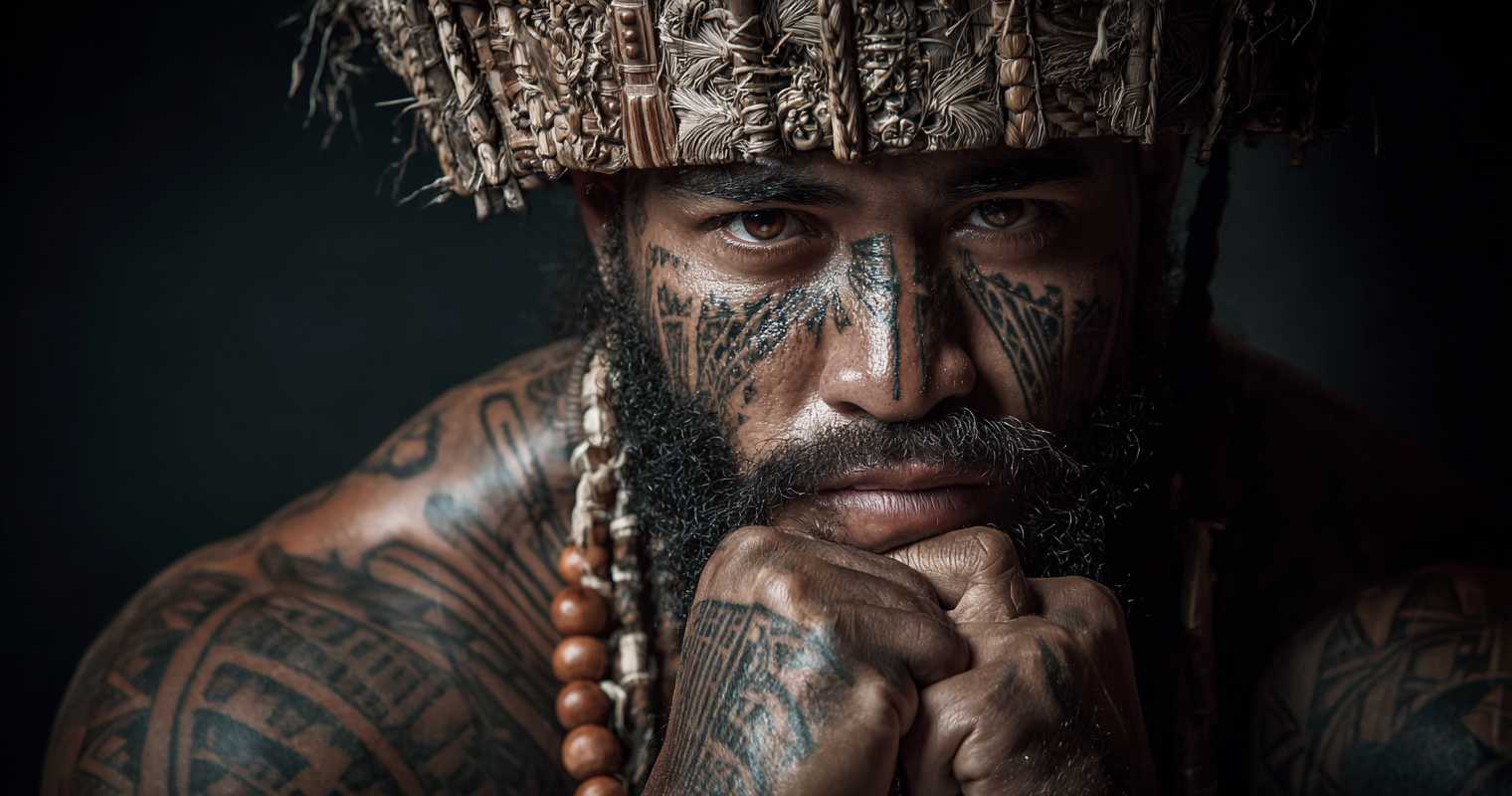
The Samoan History Quiz invites you to step into a world where tradition and community are woven into everyday life. The islands of Samoa have a history that thrives in its music, dance, and storytelling, each reflecting the strength and pride of its people. Villages remain at the heart of social life, where leaders and elders pass down knowledge with deep respect. Lush landscapes frame this cultural narrative, from coastal villages to highland settlements where customs remain unchanged for generations. Samoan history is not confined to books or museums, but is celebrated daily in ceremonies, gatherings, and the rhythms of life. This living heritage is what gives the islands their enduring charm.
The Samoan History Quiz also reveals how culture and identity are inseparable for the people of Samoa. Traditional arts like weaving and tattooing are not only skills but symbols of connection to ancestry and place. Music and dance bring stories to life, transforming history into something you can hear, see, and feel. Even in modern times, these practices remain vital, creating a bridge between the past and the present. Education and cultural programs ensure that younger generations inherit these values, keeping traditions alive and relevant. Through this, Samoa has built a unique legacy of pride and continuity that strengthens its cultural fabric.
This is a history defined by its people, their traditions, and their enduring sense of community.
9 Fun Facts About Samoan History
- Samoa is known for having one of the most vibrant tattooing traditions in the world.
- The siva dance tells stories through graceful hand movements and expressive gestures.
- Traditional Samoan houses, or fale, are built without walls to encourage openness.
- The language of Samoa has remained remarkably consistent for generations.
- Fishing techniques used today trace back to early Polynesian navigators.
- Samoa has one of the highest rates of cultural festival participation per capita.
- Weaving fine mats is considered both an art form and a cultural duty.
- Storytelling often takes place in the evenings, turning history into shared entertainment.
- Samoan drumming is a central feature of community celebrations.
The Cultural Heart of Samoa
The Samoan History Quiz explores a culture that thrives on respect, kinship, and collective life. Village councils play a central role in governance, embodying centuries-old customs that continue to guide daily decisions. Traditional tattoos, known as “pe’a” for men and “malu” for women, carry deep historical meaning, representing personal honor and family ties. Dance performances, especially the siva, showcase graceful storytelling through movement. Each cultural expression forms part of an unbroken chain that links generations across time.
Samoan cuisine also tells a historical story. Root crops like taro and breadfruit, alongside fresh fish, have been staples for centuries. Communal feasts known as “fa’alavelave” bring families together, reinforcing the shared values that define Samoan life. These gatherings combine food, storytelling, and ceremony into a living tradition that embodies the islands’ cultural soul.
The People Who Shape Samoan History
The Samoan History Quiz emphasizes how the strength of Samoa lies in its people. Elders hold a respected role as keepers of knowledge, guiding communities with wisdom and fairness. Families work collectively to ensure that traditions are not only remembered but actively lived. Craftsmen create intricate mats and carvings that preserve skills dating back hundreds of years. Each generation carries the responsibility of protecting this cultural legacy while adapting to the present.
Even in a changing world, Samoans maintain a deep respect for their heritage. Education programs often integrate cultural studies, ensuring that history is not just taught but experienced. This balance between progress and tradition defines the enduring identity of the islands.
The Living Legacy of Samoan History
The Samoan History Quiz highlights the ways history shapes modern Samoa. Traditional ceremonies remain central to social life, reinforcing ties between families and communities. Historic meeting houses, known as “fale,” stand as symbols of unity and continuity. Cultural festivals bring together both locals and visitors, celebrating everything from dance to language. These events transform the past into an ongoing celebration of identity.Through this, the people of Samoa demonstrate how history can remain a guiding force for the future.
5 Serious Facts About Samoan History
- Cultural education ensures that heritage remains an integral part of modern Samoan society.
- Village councils have governed Samoa through a traditional system for centuries.
- Tattoos in Samoa are not decorative; they are historical markers of status and responsibility.
- The fale serves as both a political and cultural meeting space.
Samoan History – FAQ
Samoan history has played a pivotal role in shaping modern society by influencing various aspects such as governance, social structures, and cultural practices. The legacy of past events, including the Mau movement and the establishment of a unique fa’a Samoa way of life, continues to impact contemporary Samoan life and global perceptions of the nation.
